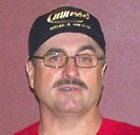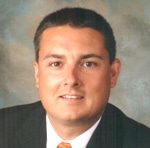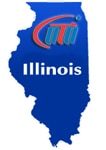
In a letter to the editor published Oct. 24 in the Fond du Lac Reporter, SMART Transportation Division’s Wisconsin State Legislative Director Craig Peachy wrote a response to an article that was published Sept. 13 entitled, “More trains lead to traffic delays at crossings.”
“A train blocked the 175 Highway crossing for more than five hours on Sept. 7.
“Almost immediately, three local misguided Republican Congressman (Tom Petri, Jim Sensenbrenner, Sean Duffy) misdiagnosed the problem and proposed Congress pass a law that would require railroad workers to work longer hours.
“The problem with this incident and almost all like it is not the fault of the crew on the train. Rather, it lies with bad decisions by railroad managers.
“The train blocked the crossing because a railroad manager refused to communicate with the train crew and forced them to pull the train ahead to a point where it blocked the highway crossing, knowing full well there were places where this train could have parked that would not have blocked a crossing.
“Railroads are ever increasing train lengths that are commonly as long as 9,000 to 10,000 feet, when road crossings are generally located on section lines approximately 5,280 feet or a mile apart. Add to the mix that some railroads want to go to one person on a train, which would make it impossible to cut road crossings. All of this means Wisconsinites can just plan on being stuck for hours most everywhere.
“What is the solution? Better management decisions, shorter trains and the continuation of at least two persons on every train.
“As a 23-year operating railroad employee, I can assure you the last thing a train crew wants to do is block a crossing longer than is absolutely necessary. Train crews have family, friends and neighbors that live in the community and may need emergency assistance at any given time. Blocking road crossings for hours in a non-emergency situation is not only immoral, but should not be tolerated by Wisconsinites.”


